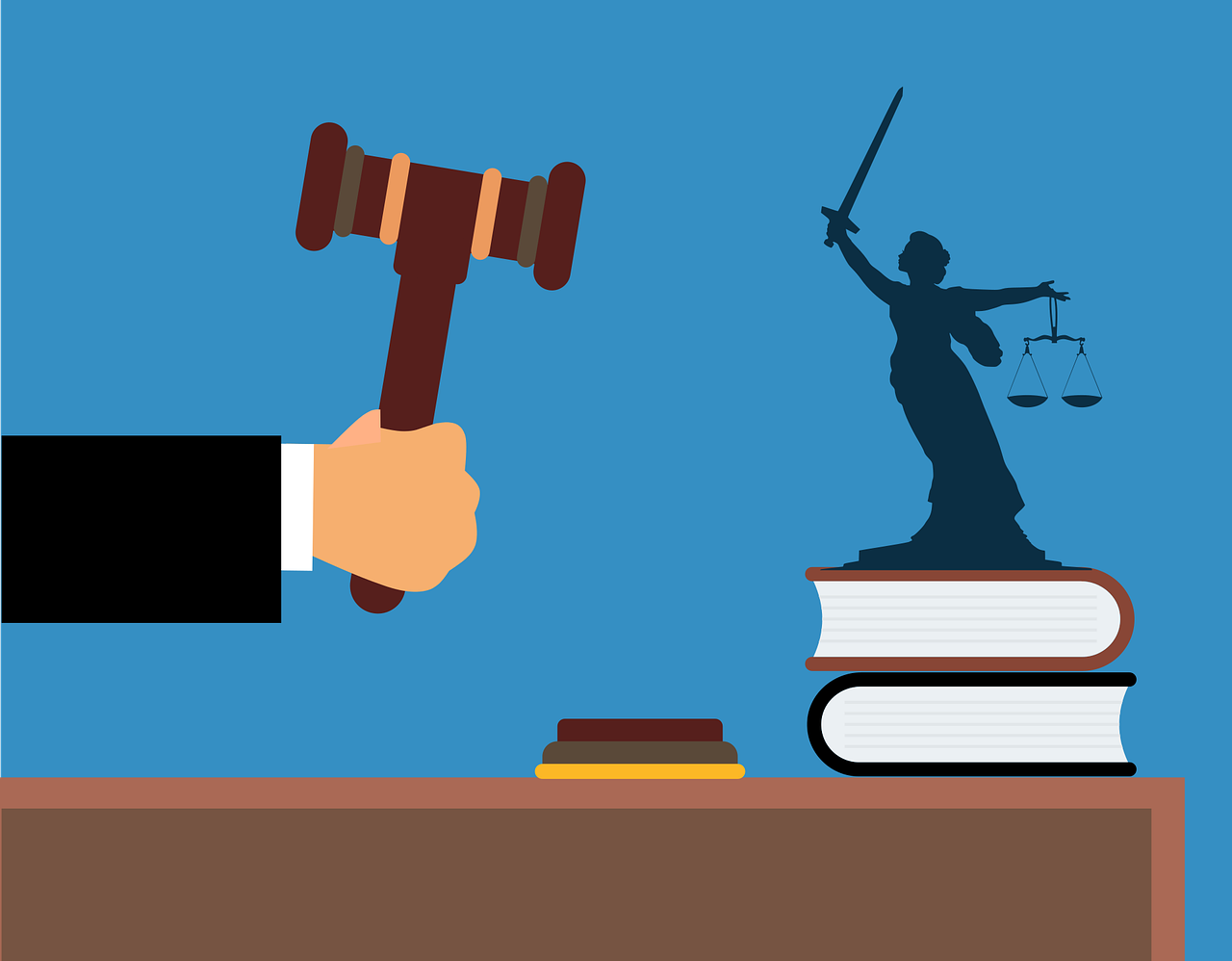
An accusation involves imputing a fault or crime to someone.
Accusation is the act of accusing : pointing out a person as responsible for a certain offense . In the field of law , accusation involves imputing a crime to an individual .
It can be said that the accusation - a term from the Latin word accusatĭo - is one of the necessary steps that must be taken in a judicial process to achieve a conviction . The accusation against a subject must be made before the corresponding authority which, after the trial , will determine whether the accused is guilty or innocent. If, based on the evidence gathered, the authority determines that the person is guilty, it will apply the punishment detailed by law (a financial penalty, confinement in jail, etc.).
Under the magnifying glass of the justice system, the accusation is not an indivisible element, but is made up of several components; Although each author can understand this structure with different nuances, among the key points are the following: the data that identifies the different parts; the description of the facts, which must meet a series of requirements, such as precision and conciseness; and the classification of the crime , essential to begin the rest of the legal procedures.
The false accusation
On the other hand, there is the concept of false accusation , which is also known as false complaint and is a crime that consists of imputing the commission of a crime or offense to one or more people before the competent authority, being aware of being untrue . In other words, this occurs when we claim to the police that someone has acted illegally despite knowing this is not true.
Although it may seem occasional, the crime of false accusation is very common; In Spain , for example, more than 900 cases of this type were registered in the first third of 2013 alone . The judicial authority that carries out the prosecution of this crime must issue a final judicial resolution to file or dismiss the case; In other words, once it evaluates the complaint , the evidence that the complainant has presented and the statements of both parties, it must interrupt its action when it understands that there is not sufficient evidence to support the veracity of the facts.

The accusation is a formal step in a judicial process.
Other uses of the term
The accusation can also be understood as the request that an individual or a group of people make to obtain a conviction of the accused, for which they provide evidence that demonstrates that the accused is not innocent (that is, refuting the principle of presumption of innocence ). The group formed by those who accuse is also known as the accusation. For example: "The prosecution requested nine years in prison for the accused" , "Now the court must consider the prosecution's claim" .
In colloquial language, the idea of accusation is used with reference to the action that involves blaming someone for something : «I don't understand your accusation! "I never said anything to Cristian," "I already heard Dad's accusation, but I swear I didn't take the money," "I'm tired of the accusations, I'm going to resign."
While in the legal field an accusation is an absolutely normal procedure and, in fact, necessary for other complementary processes to come into operation, in everyday life it is not something cold and technical, but rather an action that can have consequences for everyone. emotional level. For example, when a person accuses someone in whom he has a lot of trust of having stolen something, he takes a step that he may regret for the rest of his life if his accusation turns out to be unfounded, since the relationship can be broken forever because of it. of it.
